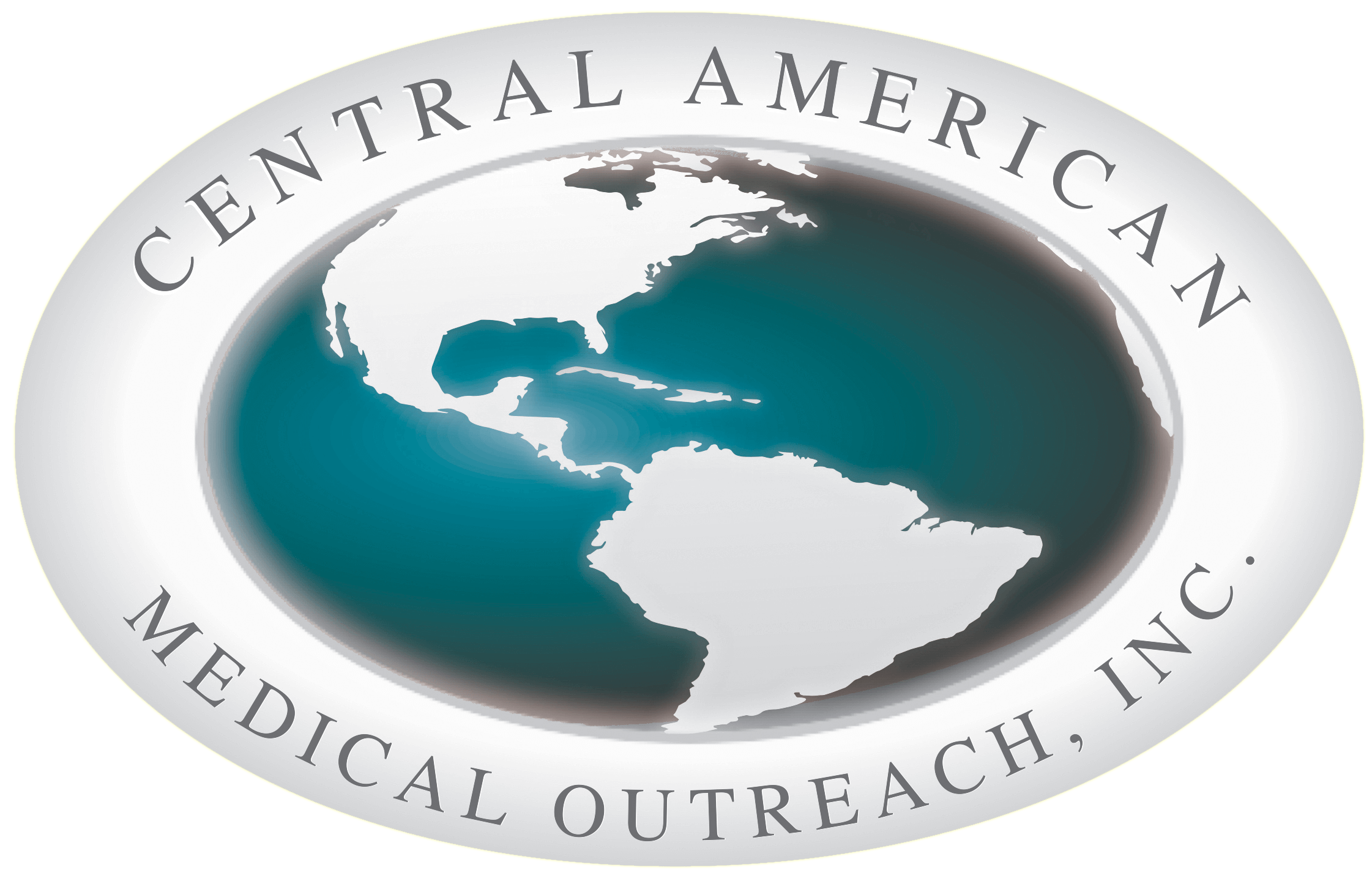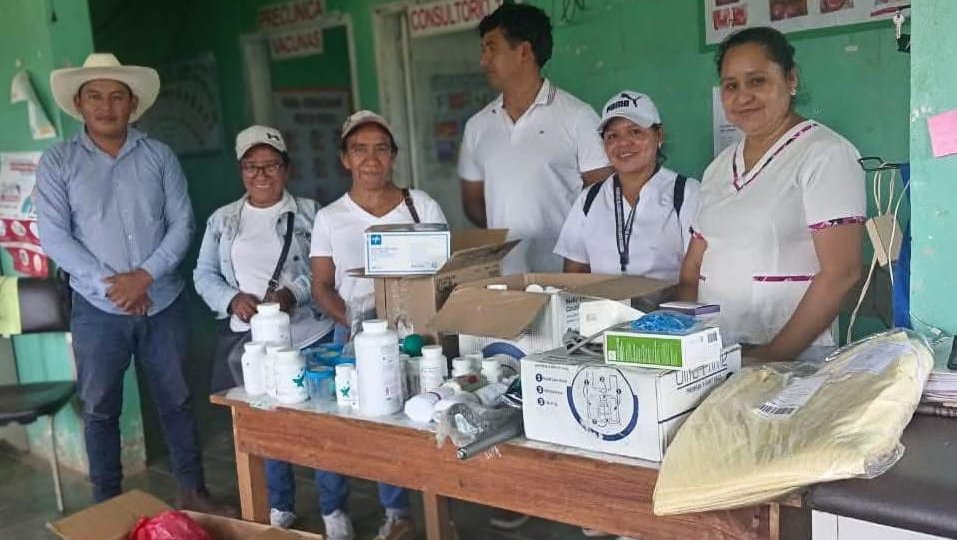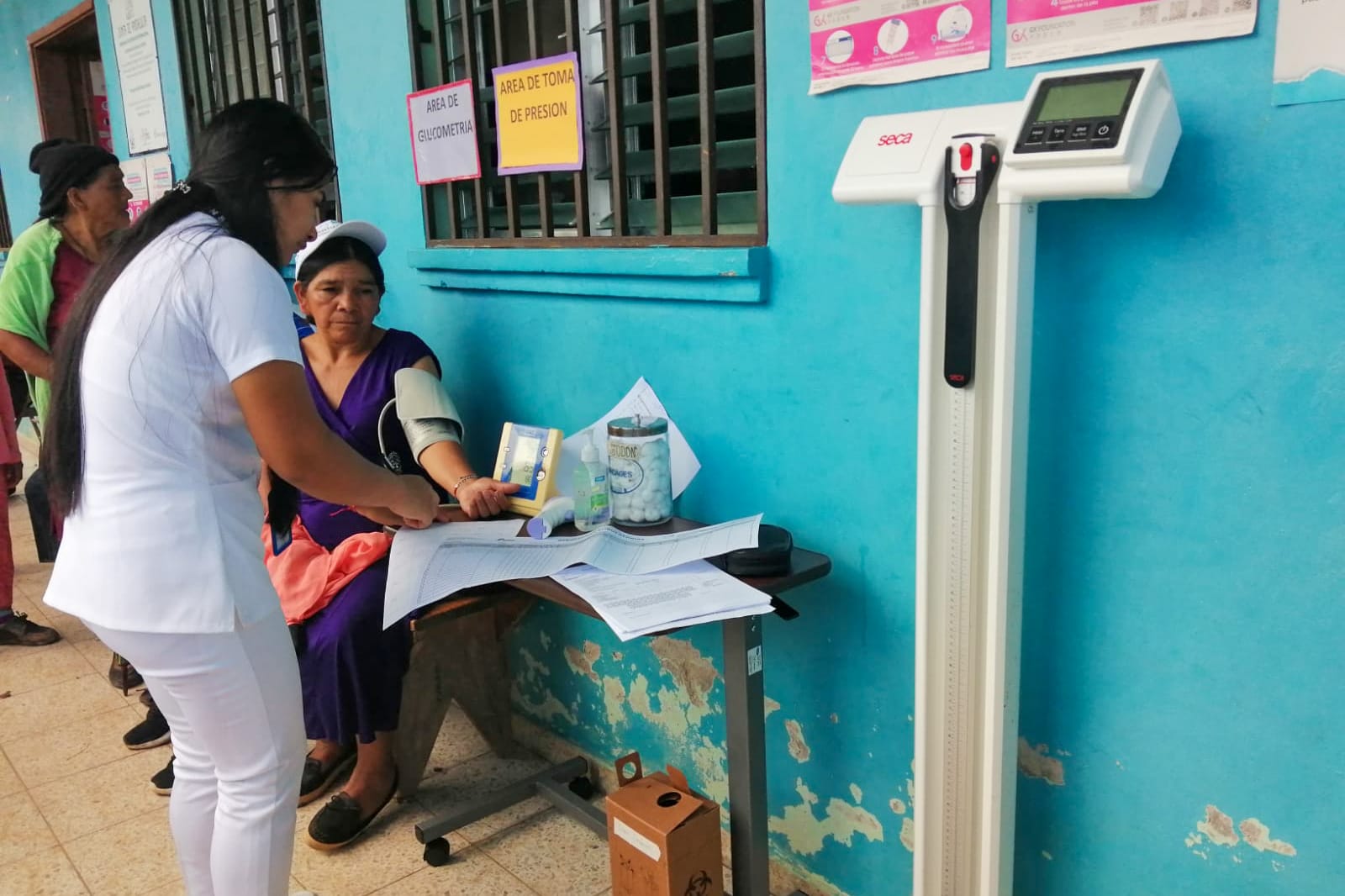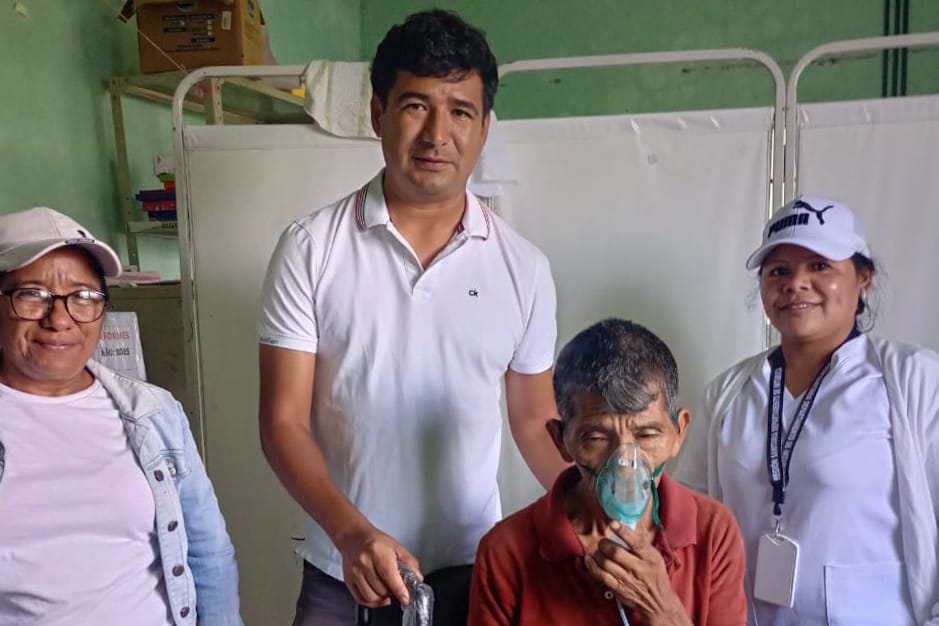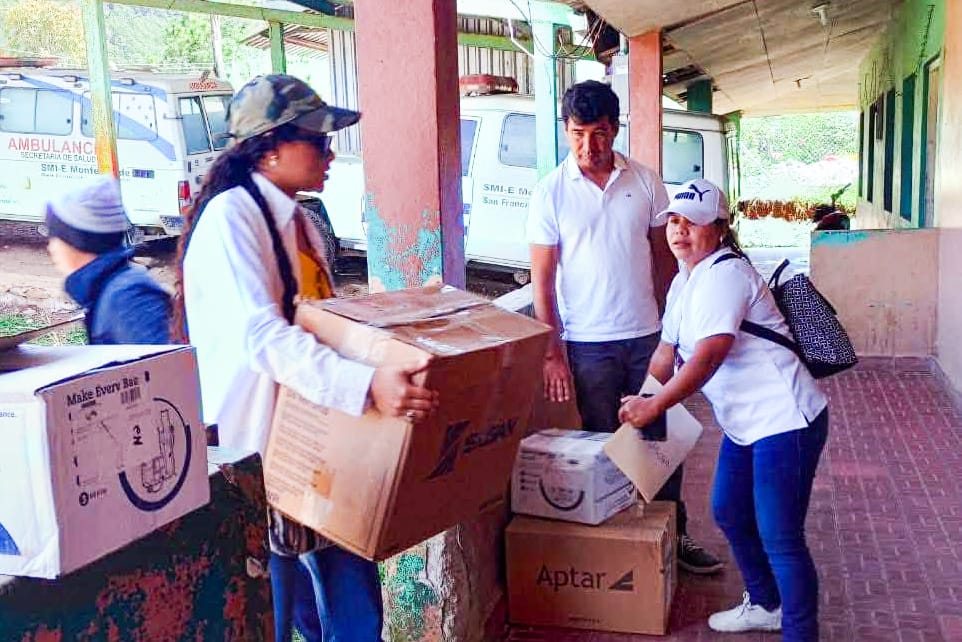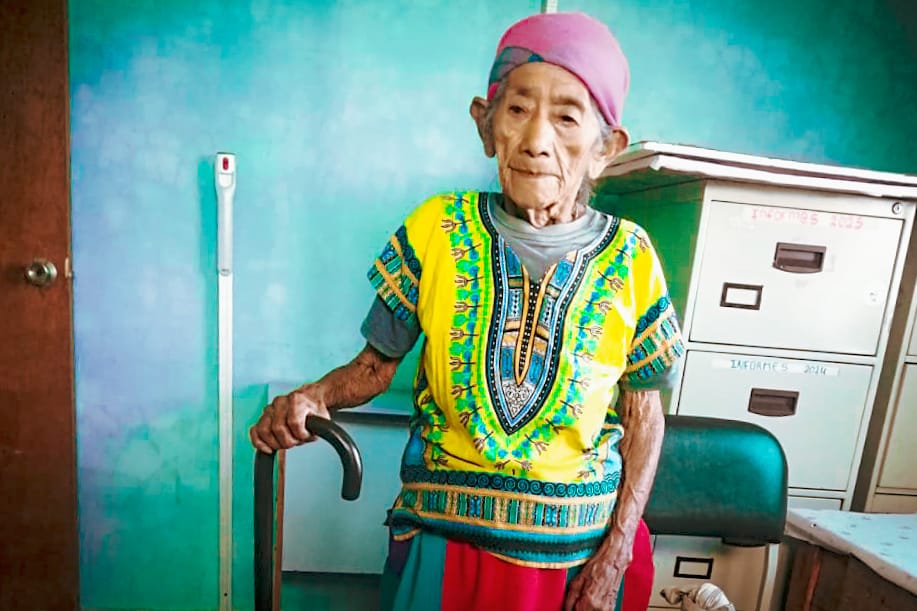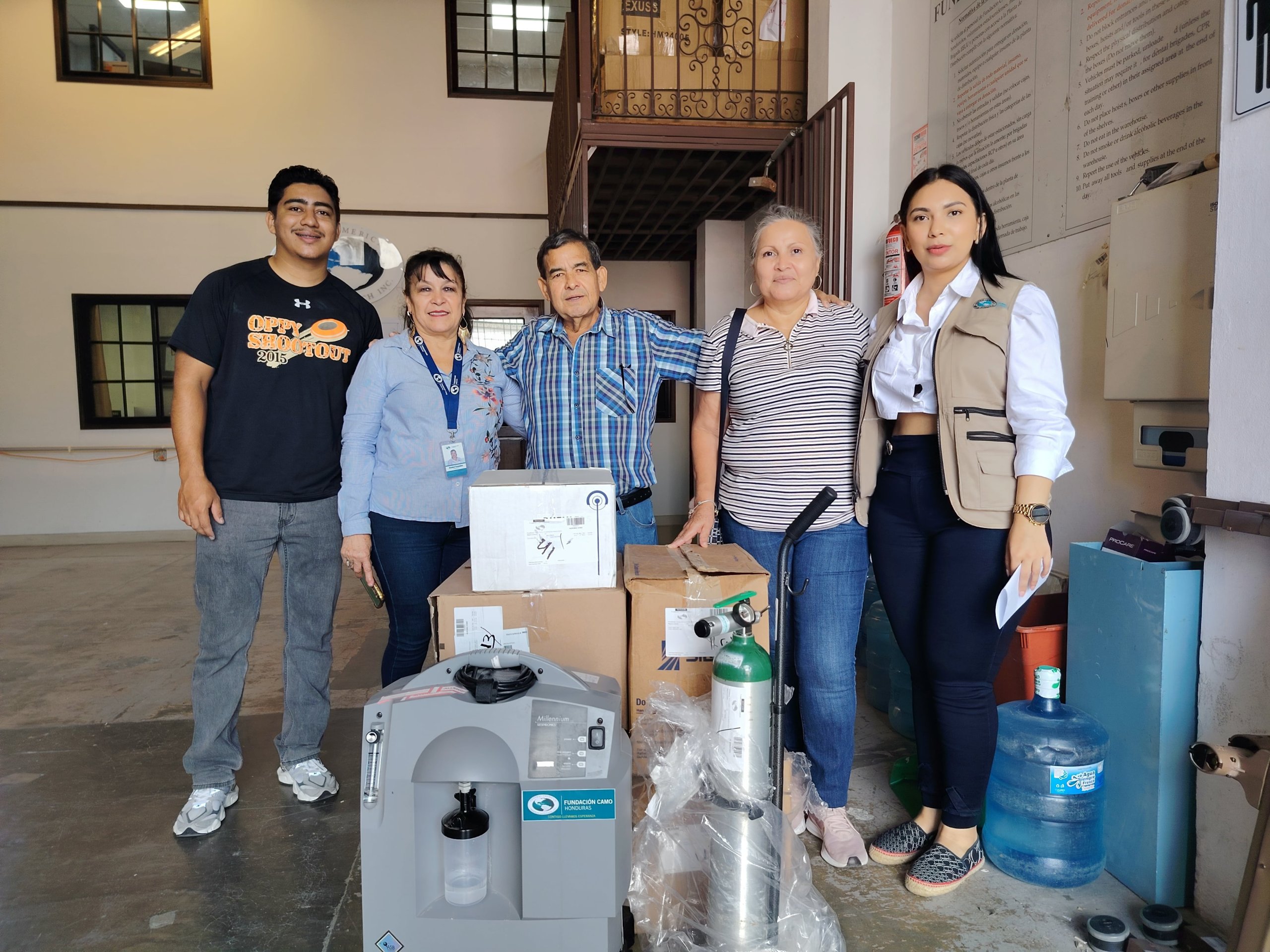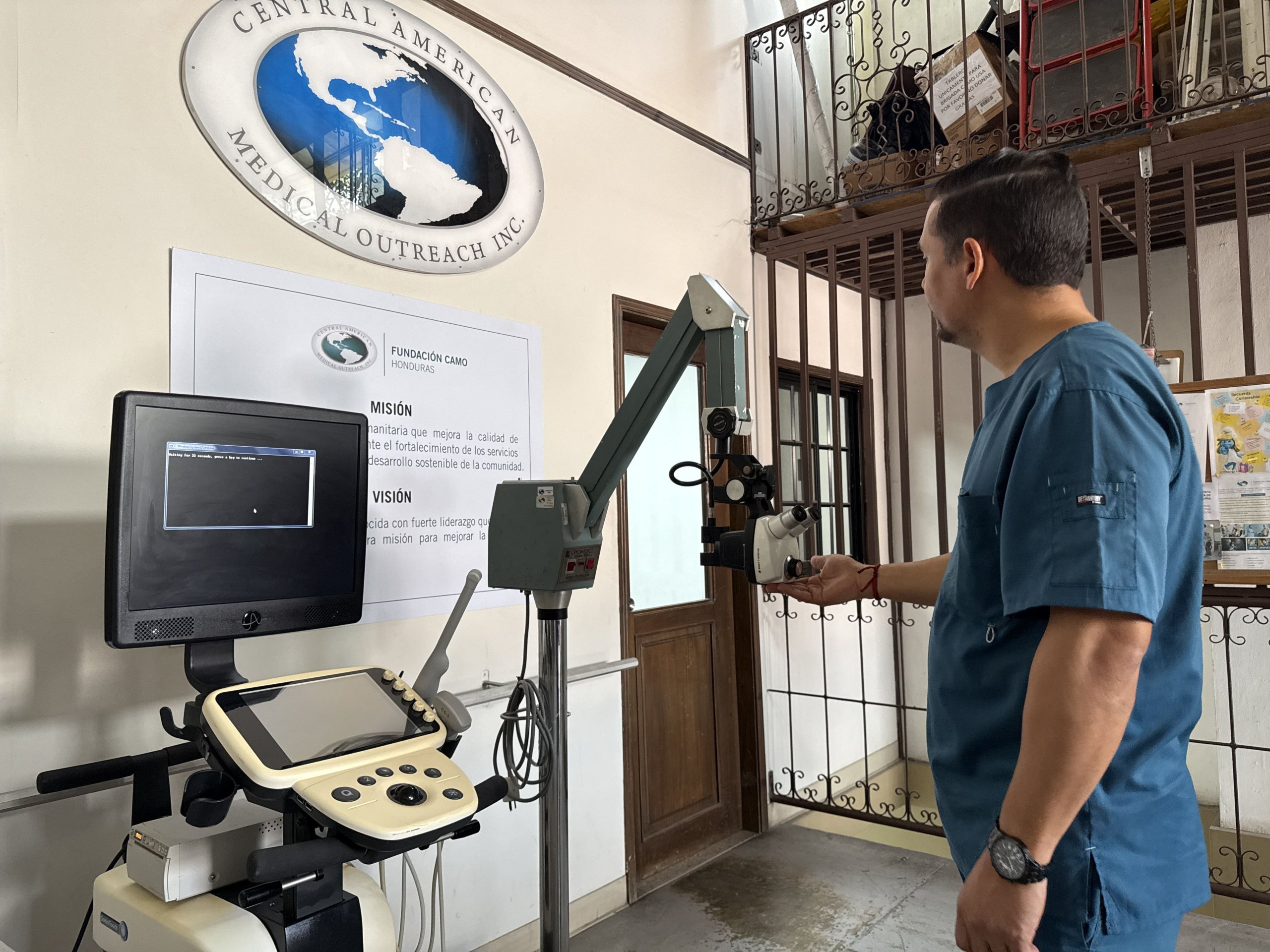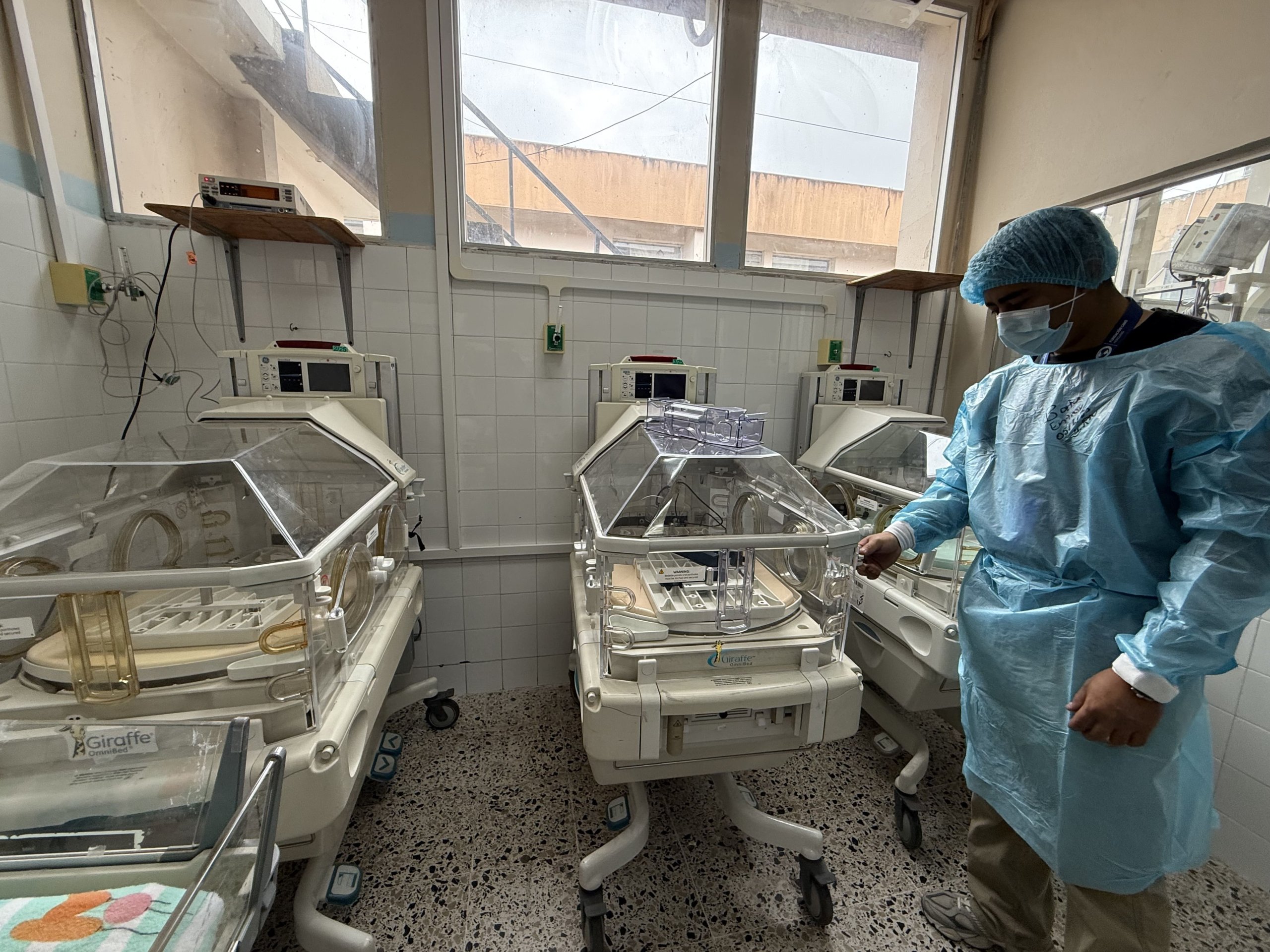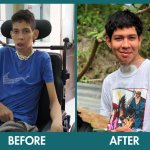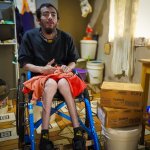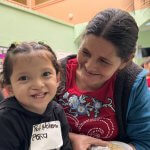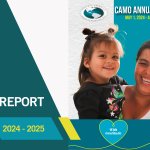Health and Hope in Every Delivery: CAMO’s Reach into Remote Communities
It was 2:00 a.m. when, under the darkness of night, the head nurse of a rural health center in one of the most remote areas of Honduras began an eight-hour journey with missionaries and volunteers. Their destination: CAMO’s headquarters in Santa Rosa de Copán. Their mission was urgent—collecting a donation of medical supplies that would keep their small primary health clinic running.
For Adalila Gonzáles, the nurse in charge, CAMO’s donations are nothing short of lifesaving. The national health system provides only limited medications, and the demand for care in her clinic—serving nearly 4,000 people across six surrounding communities—far exceeds what she has on hand.
“Sometimes we don’t even have the basics—gauze, gloves, or cotton,” she explained. “That’s why we asked for help. With the support of a volunteer who lent us two pickup trucks and the help of missionaries, we were able to transport the donation back to our community.”
Among the items she prioritized were mobility aids for people with disabilities, basic medical supplies, and nutritional supplements such as vitamins and deworming treatments. For families in communities where healthcare resources are scarce, these items mean the difference between being treated—or being left without options.
A Lifeline from Ohio to Honduras
For more than 32 years, Central American Medical Outreach (CAMO) has been strengthening public health in Honduras, driven by the urgent needs of underserved communities.
Each year, from its base in Orrville, Ohio, CAMO ships six to eight 40-foot containers filled with carefully inspected and fully functional medical supplies and equipment. Nothing is wasted—only what can be effectively used in Honduras is sent.
In the past year alone, thanks to the commitment of volunteers and donors in the U.S., CAMO delivered seven containers carrying more than 9,300 boxes of supplies and 628 major pieces of medical equipment. These donations reached over 100 hospitals, clinics, emergency services, and community organizations throughout Honduras.
Altogether, the shipments represented more than $2.3 million in aid, directly impacting thousands of lives and strengthening the ability of the Honduran public health system to serve those who need it most.
